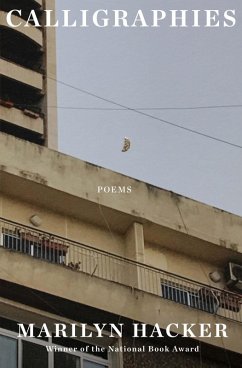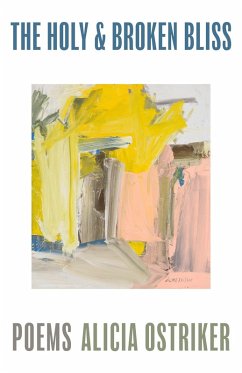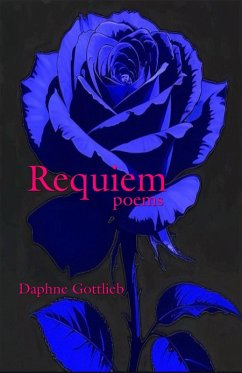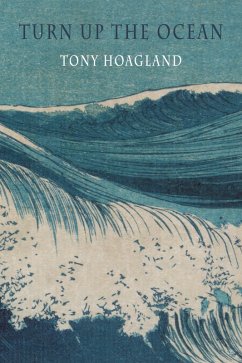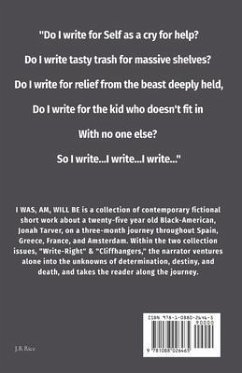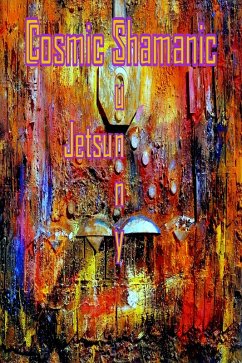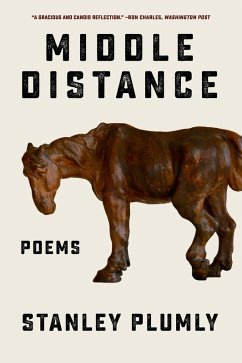""When you have no way to go anywhere, what do you do?" writes the 95-year-old polymath Etel Adnan in her new book, "Shifting the Silence," which contemplates death and aging. "Of course, nothing. But that's no answer." The book's publication this fall coincides with her new show, "Seasons.""-The New York Times
"The artist's brightly tranquil new show at Galerie Lelong coincides with the publication of Adnan's "Shifting the Silence," a quietly shattering meditation on death, which interweaves memoir with observations both geopolitical and galactic. (The book's subjects include the war in Syria, the California wildfires, and missions to Mars.) Adnan's visual lexicon bears a rich, if elliptical, relationship to her writing;
her new, pandemic-inspired painting subject is planets. A suite of vertical compositions in a candy-colored palette represents them as spheres hanging low in the sky, extraterrestrial complements to her abstract landscapes."-
The New Yorker"
Shifting the Silence is less stream of consciousness and more a vast sea of poems and vignettes, best consumed in pieces. Adnan writes in the characteristically prophetic voice that infused her visual art."-
Hyperallergic
"Life is revisited again and again in these pages; old friends are named, places from Mount Shasta to Paris are explored, and final hopes are offered ('I dream of a room with no furniture, of a past with very few friends, of a country with no weapons'). Each paragraph in these prose poems pushes against the idea that there is 'no resolution to somebody's final absence.'...This memorable collection continues Adnan's legacy as a poet of the personal, political, and cosmic."-
Publishers Weekly"'When you have no way to go anywhere, what do you do? Of course, nothing.' Adnan's prose-poetic rumination on death would strike a chord at any time, but it feels especially apt in this moment of protracted grief. Peppered with questions-'There are so many islands I dreamed of visiting, where have they gone?'-Adnan's lamentations are recursive and soothing. To live is to die, and the poets can ease the passage."-
The Millions"Etel Adnan dispenses down-to-earth wisdom in her poetic work Shifting the Silence, bringing readers along as she recounts her global travels and lessons learned. We are lucky to glimpse her 95 years of life condensed into these pages, and thumb through her thoughts on the passage of life. Hailed as a meditation or rumination on the inevitability of dying, this work has a blunt calmness that makes conversation about death seem like a light-hearted talk over tea rather than a morbid whispering."-
Vagabond City"Days end, and planetary orbits will eventually decay. Adnan embraces the chaos and abstraction of life before death, an acceptance of the limits of her consciousness-what has been, what will be again in a different shape, and will never be."-
DIAGRAM"Adnan takes us from our horizons to hers-which, through that 'you,' become ours-and we are an active witness. The sun blends as the horizon blurs eyes send water down the screen of the sky to smudge that descent. Crying is a horizon. The sun ducks and we stare at it to burn a blur through. The blur is movement, not a void. To be shocked into silence isn't to be stopped."-
The Poetry Project Newsletter"As readers we tend towards needing to lose ourselves amid the busy scramble of our day-to-day lives. At times we seek to escape our own expectations and wish quite naturally to keep ourselves preoccupied by something other than our own concerns. Adnan identifies this as a quite natural tendency to which we all succumb: "We have ways to distract ourselves from our destinies. I don't know how, we just play it by instinct. We manage to take our attention away, into outer space, into a history book, into our own imaginations, or just a post-card, but we do, we go." (Adnan 66) So urgent is this need to "go" and not confront the present and/or future moment of "our destinies" that we urge ourselves in the direction of distraction rather than grounding ourselves in moments of understanding self."-
Periodicities"This is a book of nearing endings, but it is not an end, or the end; not in the least. And one can only hope that there might be further miles for her yet to travel."-rob mclennan
Praise for Etel Adnan
"In perception, redemption,' Adnan declares in this assemblage of mystical, metaphysical ideas and aphorisms, often in conversation with the dead. 'We have to say yes to that fate,' she writes of mortality, 'and it's hard, the hardest.'"-Matt Flegenheimer,
The New York Times"Rather than pin down or bemoan our lack of perceptual surety, Adnan builds a nebula for readers to drift about. Her pages are a place for us to submerge, to question ourselves and each other even as we want to reach out and affirm that yes, we saw some nice fish down there-the colors really set off the light."-K.B. Thors,
Lambda Literary"Given the uncanny breadth of her art, Adnan is a modern-day inheritor of 20th-century avant-garde movements like Dada and surrealism in which people moved fluidly between writing and art making in one recklessly inventive swoop."-Negar Azimi,
The Wall Street Journal





